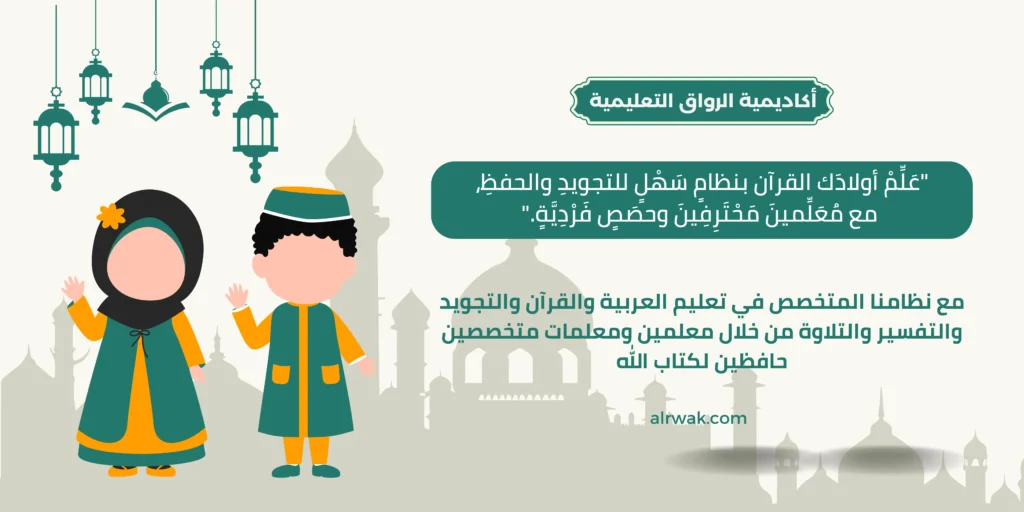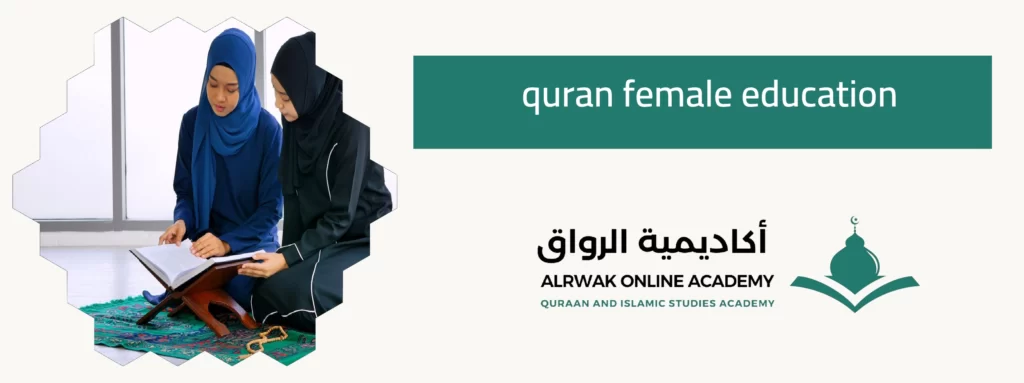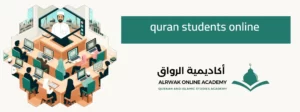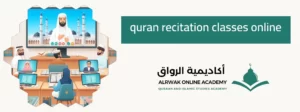In the contemporary world, the discourse surrounding women’s education has garnered significant attention. Across cultures and religions, the quest for gender equality in educational opportunities has become a crucial focal point. Within the Islamic tradition, the Quran stands as a fundamental source guiding the beliefs and practices of millions worldwide. Yet, interpretations of its teachings regarding female education have sparked debates and varying viewpoints.
In this article, we delve into the quran female education, exploring the verses and principles that underscore the importance of empowering women through knowledge. From historical contexts to modern implications, we aim to unravel the richness of Quranic teachings regarding women’s role in seeking education, contributing to a broader understanding of Islamic perspectives on gender equality and intellectual growth.
quran female education
Education, as an essential cornerstone of human development, is not only a means of acquiring knowledge but also a catalyst for societal progress and empowerment. In exploring the Quranic perspective on female education, we encounter a rich tapestry of teachings that advocate for the intellectual growth and empowerment of women. The Quran, as the primary scripture of Islam, provides profound insights into the importance of education for both men and women, emphasizing the pursuit of knowledge as a fundamental aspect of faith. While historical and cultural interpretations have sometimes limited women’s access to education within certain Muslim communities, a deeper examination of Quranic principles reveals a paradigm that champions the rights and capabilities of women to seek knowledge, contribute to society, and fulfill their spiritual potential. Thus, by delving into the Quranic verses and principles that address female education, we unravel a narrative that not only acknowledges the intrinsic value of women’s intellect but also advocates for their active participation in shaping the intellectual and social landscape of their communities.
Central to the Quranic paradigm of female education is the concept of ‘ilm’, or knowledge, which is highly esteemed and encouraged for all believers, regardless of gender. In Surah Al-Zumar (39:9), Allah declares, “Are those who know equal to those who do not know?” This rhetorical question underscores the Quran’s emphasis on the superiority of knowledge and the intellectual pursuit over ignorance. Moreover, the Quran repeatedly enjoins believers to reflect upon the signs of creation, urging them to ponder and seek understanding. In Surah Al-Baqarah (2:164), it is stated, “Indeed, in the creation of the heavens and the earth and the alternation of the night and the day are signs for those of understanding.” This verse underscores the Quran’s invitation to engage in intellectual inquiry and reflection, highlighting the importance of education as a means of deepening one’s understanding of the world and its Creator.
Furthermore, the Quranic narrative on female education challenges traditional patriarchal norms by affirming the inherent dignity and worth of women as individuals capable of intellectual growth and contribution to society. In Surah An-Nisa (4:32), Allah declares, “And do not wish for that by which Allah has made some of you exceed others. For men is a share of what they have earned, and for women is a share of what they have earned.” This verse underscores the Quran’s rejection of gender-based discrimination and its affirmation of equal opportunities for both men and women to pursue their aspirations and talents. Additionally, the Quran portrays several exemplary female figures who embody the virtues of knowledge, wisdom, and leadership, such as Maryam (Mary), the mother of Isa (Jesus), who is revered for her piety and devotion to learning despite societal expectations.
Moreover, the Quranic paradigm of female education emphasizes the transformative power of knowledge in uplifting individuals and communities. In Surah Al-Mujadila (58:11), Allah proclaims, “Allah will raise those who have believed among you and those who were given knowledge, by degrees.” This verse highlights the Quran’s recognition of the positive correlation between faith, knowledge, and moral elevation, suggesting that education serves as a means of spiritual and ethical growth. By nurturing the intellect and fostering critical thinking skills, education empowers individuals to discern right from wrong, uphold justice, and contribute positively to the betterment of society. Therefore, the Quranic paradigm of female education extends beyond mere academic pursuits to encompass a holistic vision of human development that encompasses spiritual, moral, and intellectual dimensions.
In conclusion, the Quranic paradigm of female education offers a compelling framework that champions the rights and capabilities of women to seek knowledge, contribute to society, and fulfill their spiritual potential. By emphasizing the importance of ‘ilm’ (knowledge) as a fundamental aspect of faith, challenging traditional patriarchal norms, and highlighting the transformative power of education, the Quran lays the groundwork for gender equality and intellectual empowerment within the Muslim community. Thus, by embracing the Quranic teachings on female education, we affirm the inherent dignity and worth of women as individuals endowed with the capacity for intellectual growth and contribution to the betterment of humanity.
more: quran tajweed tutor
Importance of female education in Islam PDF
The significance of female education in Islam extends far beyond mere academic attainment; it lies at the heart of the religion’s ethos of justice, equity, and societal progress. Within the rich tapestry of Islamic teachings, the Quran and Hadith literature resoundingly emphasize the imperative of educating women as a means to foster individual empowerment, societal development, and spiritual enlightenment. Contrary to misconceptions perpetuated by cultural biases and patriarchal interpretations, Islam unequivocally affirms the right of women to seek knowledge and actively participate in intellectual pursuits. The Prophet Muhammad (peace be upon him) himself declared, “Seeking knowledge is obligatory for every Muslim,” a statement that encompasses both genders and underscores the universal mandate for education. Furthermore, numerous Quranic verses exhort believers, regardless of gender, to reflect upon the signs of creation, to ponder deeply, and to seek understanding, thereby emphasizing the intrinsic value of knowledge and intellectual growth for all members of society. In essence, female education in Islam is not merely a commendable endeavor but an essential component of fulfilling one’s religious duty, advancing social equity, and nurturing a thriving community grounded in principles of justice, compassion, and enlightenment. This PDF seeks to elucidate the multifaceted importance of female education within the Islamic tradition, drawing upon scriptural sources, historical precedents, and contemporary insights to present a comprehensive and compelling argument for the empowerment of women through education. Through a nuanced exploration of the Quranic teachings, prophetic traditions, and scholarly perspectives, this document endeavors to dispel myths, challenge stereotypes, and inspire action towards realizing the full potential of women as agents of positive change in both Muslim-majority societies and the global community at large.
islam rules for women
Islam’s rules regarding women encompass a complex and nuanced framework that derives from the Quran, Hadith literature, and scholarly interpretations. Contrary to common misconceptions, Islam offers a comprehensive set of guidelines aimed at upholding the rights, dignity, and well-being of women within the societal context. Central to Islamic teachings is the principle of equity, which emphasizes the equal spiritual worth of men and women before Allah. While acknowledging inherent biological and social differences, Islam places a strong emphasis on justice and fairness in all aspects of life, including gender relations. Quranic injunctions and prophetic traditions provide guidance on various facets of women’s lives, from personal conduct and family responsibilities to legal rights and social interactions. For instance, Islam mandates the provision of financial support for women, safeguards their autonomy in matters of marriage and divorce, and prohibits all forms of exploitation and oppression. Moreover, Islam encourages women to pursue education, engage in charitable activities, and contribute positively to their communities. However, interpretations of Islamic teachings vary widely across different cultures and historical contexts, leading to diverse practices and understandings regarding women’s roles and rights. In contemporary discourse, ongoing debates surround issues such as gender segregation, modesty in dress, and the participation of women in public life. Nevertheless, at the core of Islam’s rules for women lies a commitment to justice, compassion, and the recognition of women’s inherent value as individuals deserving of dignity, respect, and equal opportunities for personal and spiritual fulfillment.





